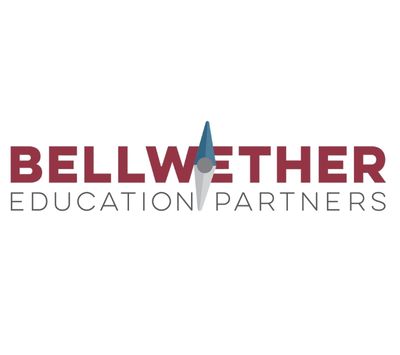In the Media
A Pragmatic Playbook for Impact
June 9, 2022
By ALEX CORTEZ & CHRISTINE WADE
-(2).jpg)
Social entrepreneurs don’t lack ambition. Being a social entrepreneur requires an irrational belief in the power of one’s work to transform a world in dire need of change. Just look at the scale and degree of change embodied in any social impact organization’s vision and mission statements about the transformation it aspires to create for the communities it serves.
Nowhere is this truer than in education entrepreneurship. However, to make their ambitions a reality, to make the irrational actionable, and to move from a narrow theory of action to achieving a successful theory of population-level change, education entrepreneurs must consider working across three strategies for impact:
-
Direct Impact: How an organization provides programming directly to its target beneficiaries.
-
Widespread Impact: How an organization builds the capacity of partner organizations to replicate elements of its program model.
-
Systemic Impact: How an organization shifts mindsets, relationships, and power to in turn shift the policies, practices, and resource flows that create stronger conditions for adoption of an organization’s values, program model, and its ultimate vision for change.
These strategies are not mutually exclusive but rather reinforcing and cyclical.
Rooted in promising practices from the education sector, A Pragmatic Playbook for Impact: Direct, Widespread, and Systemic is a practical resource for decision-makers to maximize their impact, further equity, and respond to the urgency of this moment amid the ongoing COVID-19 pandemic. The playbook covers:
- The design considerations in first developing a Direct Impact model.
-
The reasons more organizations are considering expanding into Widespread Impact.
-
Widespread Impact design decisions and different models organizations can consider in prioritizing breadth versus depth of impact.
-
How organizations maximize fidelity of implementation of more intensive Widespread Impact models.
-
How organizations extend their work into Systemic Impact strategies to create the conditions necessary for their program model to achieve and sustain scale.
-
How organizations balance work across these three impact strategies — including aligning it with their theory of change, building out the organizational capabilities to execute across these strategies, and understanding how these strategies impact financial sustainability.
-
How organizations can measure their Widespread Impact.
-
Three case studies showing how education nonprofits are effectively implementing Direct, Widespread, and Systemic Impact in the field.
Click HERE to access the playbook.